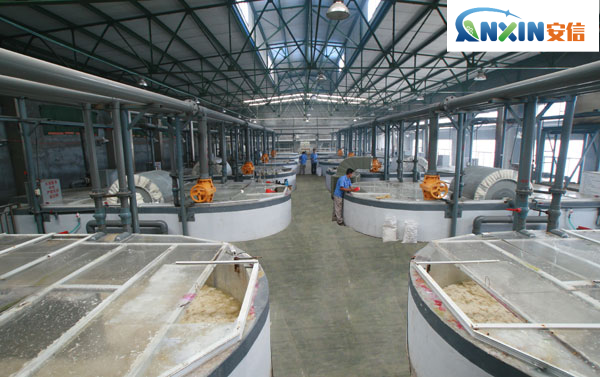Application introduction of cellulose thickener
In the world of industrial and consumer products, the role of thickeners cannot be overstated. They serve as critical ingredients in a wide array of applications, ranging from food and pharmaceuticals to paints and cosmetics. Among these thickeners, cellulose-based options have gained significant attention due to their versatility, safety, and eco-friendly nature.
Understanding Cellulose Thickener:
Cellulose, the most abundant organic polymer on Earth, serves as the structural component of plant cell walls. Cellulose thickener, derived from natural sources such as wood pulp, cotton, or other plant fibers, undergoes processing to extract its thickening properties. One of the most common forms is carboxymethyl cellulose (CMC), which is widely used in industries due to its water-soluble and stabilizing characteristics.
Applications in Food Industry:
In the food industry, cellulose thickener plays a crucial role in enhancing texture, stability, and mouthfeel of numerous products. It finds applications in sauces, dressings, bakery items, dairy products, and more. CMC, for instance, is utilized as a stabilizer and thickening agent in ice cream, preventing ice crystal formation and ensuring a smooth consistency. Additionally, cellulose derivatives are employed in gluten-free products as a substitute for wheat flour, offering viscosity and structure without compromising quality.
Role in Pharmaceutical Formulations:
Cellulose-based thickeners are extensively used in pharmaceutical formulations for their inert nature and compatibility with active ingredients. They serve as binders in tablet formulations, aiding in proper cohesion and disintegration. Moreover, cellulose derivatives such as hydroxypropyl methylcellulose (HPMC) act as viscosity modifiers in liquid dosage forms, ensuring uniform distribution of active compounds and precise dosing.
Enhancing Performance in Personal Care Products:
In the personal care industry, cellulose thickener contributes to the formulation of various products including shampoos, lotions, creams, and toothpaste. Its ability to adjust viscosity enables the creation of products with desirable flow properties and stability. Additionally, cellulose derivatives function as emulsion stabilizers, enhancing the shelf life and aesthetic appeal of cosmetics. The eco-friendly nature of cellulose thickener aligns with the growing consumer demand for sustainable and natural ingredients in personal care products.
Utility in Paints and Coatings:
Cellulose-based thickeners are indispensable in the formulation of paints, coatings, and adhesives. They control rheological properties, preventing sagging or dripping during application while facilitating proper coverage and adhesion. Furthermore, cellulose derivatives offer excellent compatibility with various pigment dispersions and additives, contributing to the overall stability and performance of the final product. Whether in water-based or solvent-based formulations, cellulose thickener ensures optimal viscosity and texture, enhancing the user experience and application efficiency.
Advantages of Cellulose Thickener:
The widespread adoption of cellulose thickener can be attributed to several inherent advantages it offers:
Biodegradability: Cellulose-based thickeners are derived from renewable natural sources, making them environmentally sustainable alternatives to synthetic thickeners.
Non-toxicity: Cellulose derivatives are generally recognized as safe (GRAS) by regulatory bodies, ensuring consumer safety in food, pharmaceutical, and personal care applications.
Versatility: Cellulose thickener exhibits a broad range of rheological properties, allowing for customization to meet specific formulation requirements across diverse industries.
Stability: Cellulose derivatives offer excellent stability in a wide range of pH levels, temperatures, and ionic strengths, ensuring consistent performance under various conditions.
Cost-effectiveness: Compared to other thickeners, cellulose-based options often provide cost advantages without compromising on performance, making them economically viable choices for manufacturers.
Cellulose thickener stands as a cornerstone ingredient in numerous industrial and consumer applications, offering a unique blend of functionality, safety, and sustainability. From food and pharmaceuticals to paints and personal care products, its versatility and advantages make it an indispensable component in formulation processes. As industries continue to prioritize eco-friendly and effective solutions, the role of cellulose thickener is poised to expand, driving innovation and meeting evolving market demands.
Post time: Apr-07-2024
